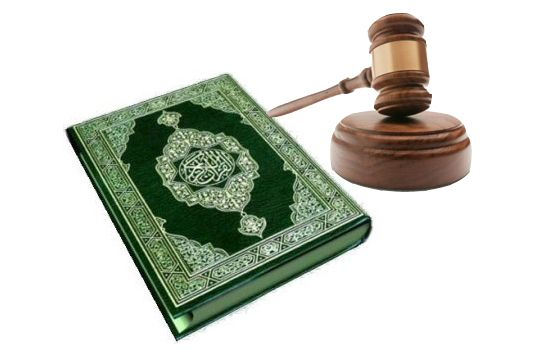Concept and Meaning:
Under Muslim Law, a Gift or Hiba is the immediate and unconditional transfer of ownership of property from one person (the donor) to another (the donee) without any consideration. It is governed by the principles of Islamic jurisprudence and recognized in India through the Muslim Personal Law (Shariat) Application Act, 1937. The Arabic word Hiba literally means “gift” and refers to a voluntary act of generosity. Unlike a contract of sale, it requires no exchange of money or value. The purpose of Hiba is to promote goodwill, affection, and family harmony, often made between close relatives or as a charitable act.
Legal Essentials:
According to Muslim law authorities and interpreted by Indian courts, three essential elements are required for a valid Hiba — (i) Declaration of the gift by the donor, (ii) Acceptance of the gift by the donee, and (iii) Delivery of possession of the property gifted. Once these three conditions are fulfilled, the gift becomes valid and irrevocable, except under special circumstances. Section 129 of the Transfer of Property Act, 1882 exempts Muslim gifts from the provisions of the Act, recognizing that Hiba is governed exclusively by Muslim personal law.
Nature and Legal Effect:
A valid gift under Muslim law transfers immediate ownership to the donee. The donor must be a person of sound mind, major, and competent to contract. The subject of the gift must exist, be transferable, and be in the ownership of the donor at the time of the gift. Once possession is delivered and accepted, the donor cannot revoke it, except in limited cases as allowed under Hanafi law. The donee then obtains full legal rights over the property, including the right to enjoy, transfer, or sell it.
Real-time Example:
For instance, A, a Muslim father, declares that he is gifting his house to his son B. B accepts the gift, and A hands over the keys and possession of the house. This satisfies all three essentials — declaration, acceptance, and delivery of possession — thus forming a valid Hiba. If A only declares the gift verbally but never delivers possession, the Hiba remains incomplete and invalid in law.
Mnemonic to Remember – “DAD”
D – Declaration of gift by donor
A – Acceptance by donee
D – Delivery of possession
Mnemonic Tip: “A valid Hiba needs a caring DAD — Declaration, Acceptance, and Delivery.”
About lawgnan:
Learn about the Dissolution of Muslim Marriage Act, 1939 in detail at Lawgnan.in — a trusted legal learning platform for students and professionals. Explore how this Act empowers Muslim women to seek divorce through courts on valid grounds such as desertion, cruelty, non-maintenance, or imprisonment. Understand its legal provisions, judicial interpretations, and landmark case references like Itwari v. Asghari (1960). Lawgnan.in provides clear explanations, mnemonics, and real-life examples to make complex legal topics easier to grasp. Visit now to master the rights of Muslim women under personal law.




